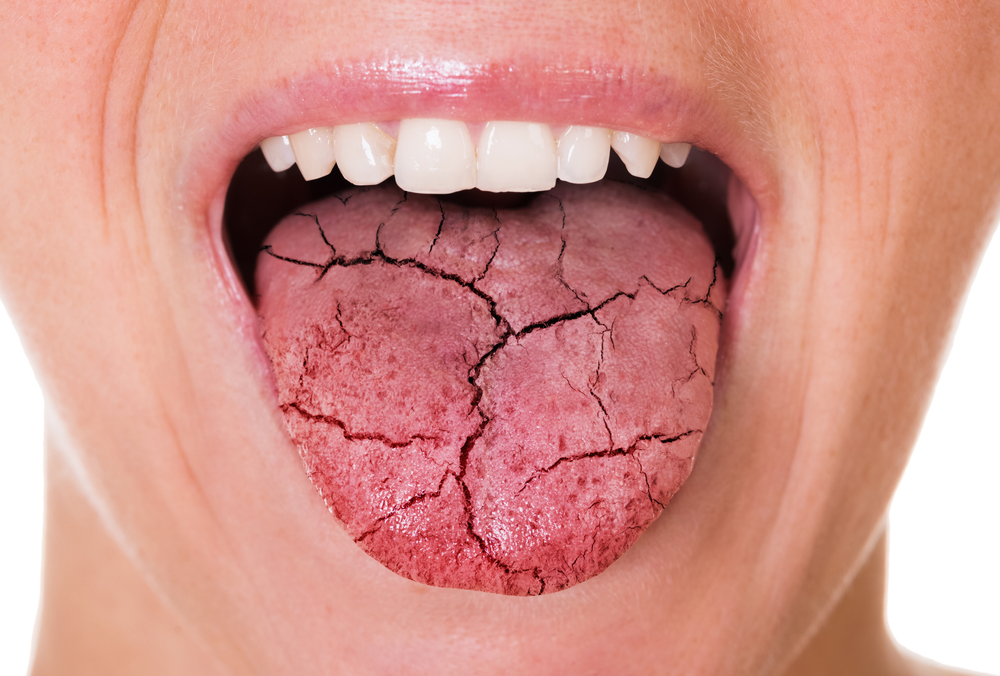
Are you experiencing dry mouth? Do you know what may be causing it and how to fix it? Many people don’t realize that there are treatments for dry mouth and that it can be caused by more than just dehydration. It’s a common problem that can cause discomfort and bad breath. Fortunately, there are several treatment options available. This blog post will talk about the causes of dry mouth and the treatments available to help you get relief from most of the symptoms and feel more comfortable.
Common Signs of Dry Mouth
Dry mouth or Xerostomia occurs when your salivary glands are unable to produce an adequate amount of saliva to keep your mouth healthy and hydrated.
If you start to notice the following signs, it may be time to consider ways to treat them.
- Sore throat
- Thick and stringy saliva
- A dry sensation in the mouth
- Sores around and in the mouth
- Cracked lips and corners of the mouth
- Bad breath
- Persistent thirst
- Change in sense of taste
All these symptoms occur due to the lack of moisture inside your mouth. Along with restorative dental work, a professional dentist can help you with common symptoms of dry mouth.
Various Causes of Dry Mouth
Saliva is essential to neutralize the acidic attack from bacteria in your mouth. It also helps to chew your food easier and digest it better. A dry mouth may lead to a build-up of bacteria and cause early tooth decay and gum disease.
Moreover, dry mouth may make your teeth more prone to damage due to insufficient absorption of calcium and fluoride that is usually aided by saliva. This can cause long-term damages, and you may find it hard to deal with injured teeth.
Here are some causes of dry mouth;
- Dehydration
- Nerve damage or surgical removal of salivary glands
- Smoking or chewing tobacco
- Side effects of medication such as antihistamines, decongestants, and sedatives
- Aging
- Pre-existing medical conditions like Alzheimer’s disease, anemia, HIV/AIDS, Parkinson’s disease, hypertension, cystic fibrosis, rheumatoid arthritis, mumps, and asthma
Dry mouth is so common that it occurs in children and adults. In children, dry mouth may occur when they breathe excessively through the mouth or have a fluid loss due to diarrhea and stomach bugs. Diabetes and Sjogren’s syndrome may also cause dry mouth in kids.
Treatment
There are a few things that you may do to manage dry mouth:
- Drink plenty of fluids, especially water.
- Suck on mint, ice chips, or sugar-free hard candy.
- Avoid drinks with caffeine, alcohol, or high levels of sugar.
- Use a humidifier in your home.
- Chew sugar-free gum or suck hard candy to increase saliva production.
- Eat plenty of fruits and vegetables.
- Avoid eating salty food
- Breathe through your nose
- Get the right medication prescribed from a professional
Having good teeth is not just about teeth whitening practices; you must pay attention to these symptoms to keep your teeth healthy. Dry mouth is a serious issue that can have negative implications for your teeth and gums. If you’re concerned about the effects of dryness on yourself, contact Lancaster Family Smiles today.

 Se Habla Español
Se Habla Español
